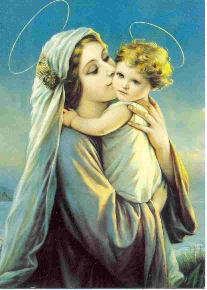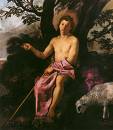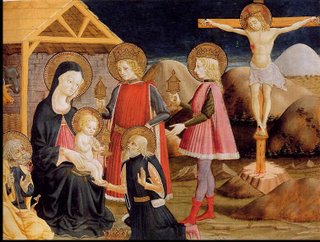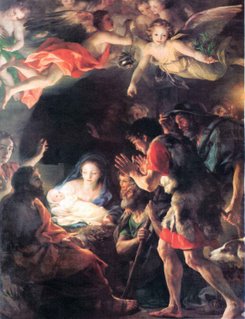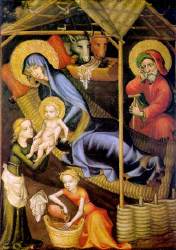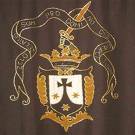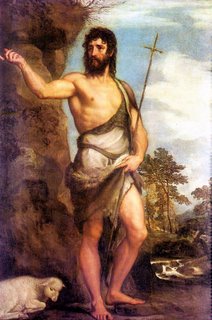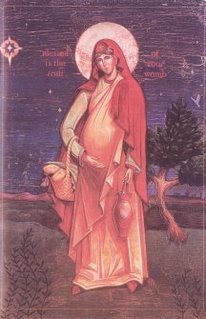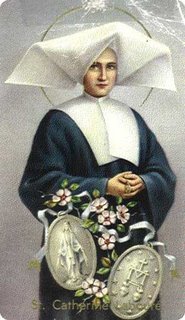 ST.CATHERINE LABOURE
ST.CATHERINE LABOUREAND MIRACULOUS MEDAL
Saint Catherine Laboure was born on 2nd May 1806 to the Labouré family living about 200 miles south of Paris. Catherine was the third youngest of ten children. When she was nine years old her mother died. Then she turned to Mary, her heavenly Mother, for consolation. One day she was seen standing on a chair embracing the family statue and saying, “From now one you will be my mother.” Some time afterwards her elder sister entered the Daughters of Charity. Catherine rose at 5am each day and walked two miles to the next village for daily morning Mass since there was no priest for their parish church. She prayed in their local church every evening.One night she dreamt she was in a church and a strange priest was saying Mass. Still in her dream after Mass she called to a sick person and the priest was in the house. He said, “It is good to look after the sick” and he also said that though she would go away from him then she would come back to him later because God had special plans for her. Sometime later Catherine visited a convent of the Daughters of Charity, the congregation her sister had entered. On the wall of the parlour she saw a picture and realized it was the priest in her dream, St Vincent de Paul, who founded the Daughters of Charity 200 years previously.
At the age of twenty she asked her father’s permission to enter the Daughters of Charity. He refused but relented a few years later and in January 1830 she joined the congregation. A few months after she entered she was moved to the congregation’s mother house in a street called rue du Bac in Paris to begin her training. At 11.30 pm on 18th July, the eve of the feast of St Vincent de Paul, she was wakened by a child of four or five whom she took to be her guardian angel and who led her to the convent chapel where Our Lady appeared to her at midnight. Our Lady sat on the priest’s chair for two hours and invited Catherine to kneel beside her. She gave Catherine a message for herself and all the world, “Come to the foot of this altar. There graces will be poured out for all who ask for them.” Our Lady told her God had a special mission for her but did not tell her what it was. On 27th November, she received a second apparition of Our Lady when she was praying in the convent chapel at 5.30 pm. Our Lady was standing on a globe with her foot crushing the head of a serpent and there were rays of light coming from gems on her fingers. Our Lady said, “Behold the symbol of graces that I will shower down on all who ask me for them.” An oval frame surrounded Our Lady and Catherine could read this prayer in gold lettering on the oval frame, “O Mary conceived without sin pray for us who have recourse to thee.” Those of you who wear the miraculous medal know that this is the image on the front of the medal. The frame turned and Catherine could see a cross with a large M, representing Mary, beneath it. Beneath the cross were two hearts, one surrounded with thorns whom Catherine understood to represent Jesus, and the other heart was pierced by a sword which Catherine took to represent Mary recalling the words of Simeon in the Temple to Mary that a sword of sorrow would pierce her soul (Luke 2:35). Catherine was told to have a medal struck according to this model. Our Lady said that those who wear the medal properly blessed and repeat the prayer, “O Mary conceived without sin pray for us who have recourse to thee” will have great graces. Following Our Lady’s request, Catherine told no one but her spiritual director about these apparitions. He went to the archbishop of Paris who allowed the medal to be struck. Originally it was known as the medal of the Immaculate Conception but so many cures and miracles were attributed to it that it was called the Miraculous Medal.
In 1831, the year after her apparitions, Catherine was appointed to another convent. No one knew which Daughter of Charity had received these apparitions of Our Lady although Catherine was suspected because of her piety. In 1876 she felt her life was drawing to a close and she told the mother superior of the Daughters of Charity that she was the sister. When she died the sisters released the news that the sister who had seen Our Lady had died, and though unknown throughout her life she was now the most talked about person. In 1933 as part of the canonisation process her body was exhumed and found to be in perfect preservation and was removed to the convent in the rue du Bac where it may now be seen behind glass in the spot where she received the request from Our Lady for the medal. In 1947 Pope Pius XII declared her to be St Catherine Labouré and called her the ‘saint of silence.’
At the time Our Lady appeared to Catherine in 1830, the Immaculate Conception of Our Lady, although widely believed, was not a dogma requiring to be believed. Pope Pius IX is thought to have been influenced by the apparitions to Catherine in the rue du Bac when he decided to consult with the Church if the Immaculate Conception of Our Lady should be declared a dogma. He received overwhelming support and on 8th December 1854 declared Our Lady to have been free of sin from the moment of her conception. Four years later in 1858 Our Lady appeared to Bernadette at Lourdes and when asked who she was she replied, “I am the Immaculate Conception.” So the apparitions in the rue du Bac in 1830 and the Miraculous Medal prepared for the dogma of the Immaculate Conception to be proclaimed in 1854 and the apparition at Lourdes in 1858 confirmed it.
Every day we have to overcome temptation and sin. We ask Mary Immaculate to help us overcome all temptation and sin in our lives. O Mary conceived without sin, pray for us who have recourse to thee.
fragments after www.frtommylane.com Read whole post......


